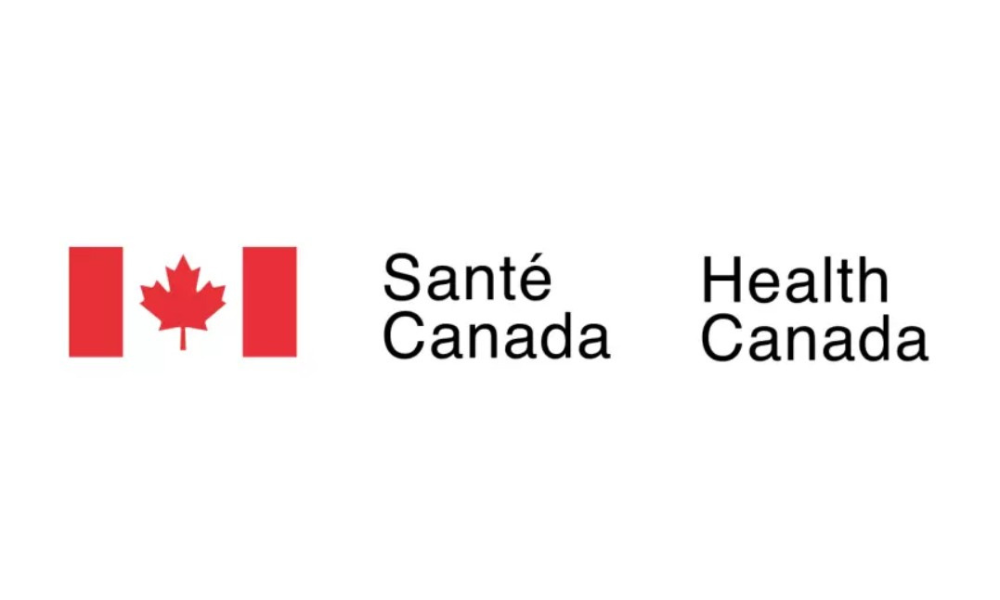 The Industrial Accident Prevention Association has urged employers to promote greater awareness on mental health in the workplace, particularly in these trying times of an economic downturn.
The Industrial Accident Prevention Association has urged employers to promote greater awareness on mental health in the workplace, particularly in these trying times of an economic downturn.In a statement, the IAPA noted that many workers are now experiencing stress and anxiety as a result of the recession. “Whether it was corporate downsizing or company shutdowns, the stress and uncertainty has taken its toll on both workers and companies,” IAPA stated. Poor mental health affects the safety, health and wellbeing of not just the individual but the entire organization as well, it added.
According to statistics from the Canadian Institute of Health Research, one in five Canadians is affected by mental illness. It most commonly presents itself in the form of depression, anxiety and substance abuse. S report by the Insurance Journal entitled, Government of Canada in the Human Face of Mental Health and Mental Illness in Canada, revealed that 500,000 Canadian workers are absent from work every day due to mental illness. Mental illness costs the Canadian economy about $51 billion each year.
“During challenging economic times, employers need to reassure their employees that they are looking after their best interests and well-being,” IAPA said. October 10 is World Mental Health Day and the IAPA is urging employers and employees to “take this opportunity to become more aware and educated about mental health issues.”
Canadians are not the only ones focusing on the impact of the economic downturn on workplace health and safety. A recent European study shows that people there are concerned that the current economic downturn would have negative repercussions to their health and safety at work.
The European Agency for Safety and Health at Work (EU-OSHA) has just released the results of a Europe-wide opinion poll on safety and health at work, and the results show there is widespread concern among European citizens that the current economic crisis could adversely affect health and safety at work, putting at risk the improvements that they report having seen over the last five years. Many Europeans also feel well informed about occupational safety and health and consider it an important factor when choosing a new job.
Six out of 10 Europeans expect the global economic downturn to deteriorate working conditions, especially regarding health and safety. And a significant majority of respondents (75 per cent) across Member States believe that ill health is caused, at least to some extent, by the job that people have.
“The financial crisis may lead organizations to ignore or minimize the importance of workplace safety and health. And even there is a risk that companies will consider cutting back on their investment in occupational safety and health. The challenge to us, as the agency, is to convince them that there is no point in making short-term gains at the cost of long-term problems. All of our work shows that the more healthy workplaces are, the more productive they also tend to be,” said Jukka Takala, director of EU-OSHA.
As unemployment increases, people may be more concerned with their immediate job security than with the safety and health of their working conditions, the study reveals. When asked about the deciding factors for choosing a new job, European Union citizens believe that job security and salary level are more important than safe and healthy working conditions, which ranked third in the poll before working hours.
The encouraging news is that people within many of the Member States (particularly EU-15) regard themselves as well informed about risks in the workplace and 57 per cent of respondents believe that health and safety at work has improved over the last five years.
More male respondents, 62 per cent, believe that health and safety conditions have improved over recent years. Only 52 per cent of women polled believe this. Men also feel better informed on safety and health matters (71 per cent) than women (61 per cent).
“In fact, safety and health risks of women at work tend to be underestimated and neglected,” noted Takala. “The incompatibility of working time with family life, the ‘double shift’ which still affects women disproportionately and the fact that there is more emphasis on accidents at work than on occupational health — which leads to attention being turned towards male-dominated sectors and occupations – are some of the new challenges which must be faced. It is essential to take a ‘gender sensitive’ approach to safety and health at work, an issue which EU-OSHA will continue in its contribution to ensure greater understanding within businesses across the European Union.”





